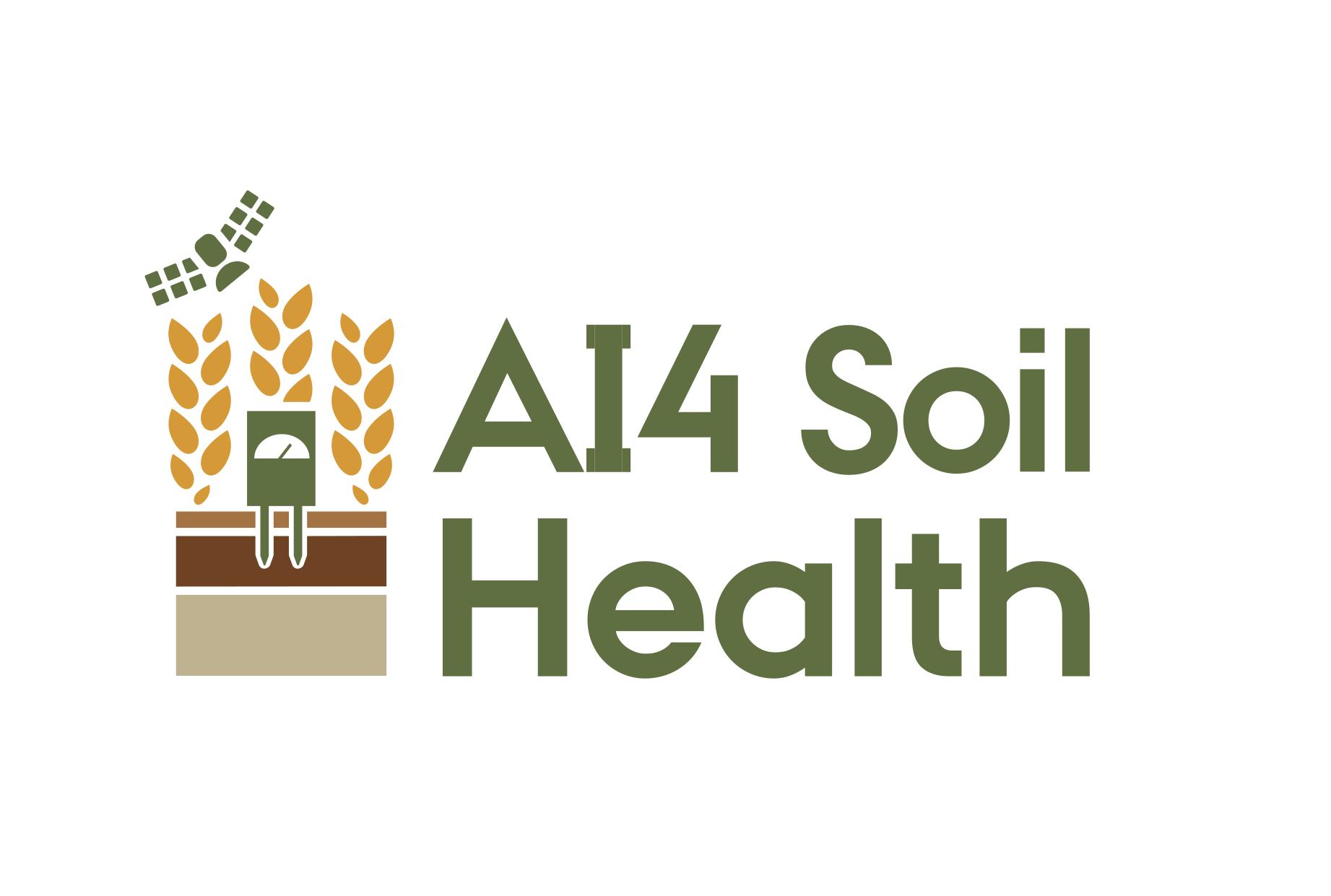The Department of Agroecology at Aarhus University is an internationally recognized research institution dealing with agro-ecosystems and creates, develops and translates cutting-edge knowledge to advance the community bioeconomy, both in Denmark and abroad
The department carries out basic, strategic and applied research in issues related to the interaction between climate, soil, plants, animals and people in agro-ecosystems with a focus on promoting health, sustainability and environmentally friendly production of food, feed, energy and bio-based products.
We contribute to sustainable production and growth through research, consulting and teaching and strive to solve global and local sustainability challenges related to food production, energy and biomaterials.
Supporting the green transition of agriculture
The Department of Agroecology at Aarhus University furthermore focuses on supporting the green transition of agriculture through research, innovation, education, policy support, business collaboration, and communication to society.
 The department consists of eight research sections, unique research, field and laboratory facilities, as well as a secretariat.
The department consists of eight research sections, unique research, field and laboratory facilities, as well as a secretariat.
Our staff have competencies in the disciplines of soil fertility, plant pathology, genetics, crop health, biotechnology, nutrients, agricultural systems, soil physics, climate, environment, water systems, sustainability, green transition, bioeconomy, entomology and hydropedology. In addition, we also provide competencies in laboratories and the fields.
Soil and its crucial role to life
The Soil Physics and Hydropedology section at the Department works with Soil seen as the basis for life. Soils play a crucial role with regard to our food security, protection of the environment and climate change. Cultivated soils are threatened due to erosion, soil compaction, loss of soil carbon, and sealing. Soil – the thin and fragile crust of the earth – is complex and not fully understood, but scientific research carried out in our section contributes to increased insight into the importance of soil for life on earth.
The aim of the Soil Physics and Hydropedology section is to create a basic understanding of soil’s physical, chemical and hydrological processes as well as to achieve quantitative insight into the spatial distribution of soil characteristics on a local, regional and national scale.
Sustainable cultivation methods
Our wish is to identify cultivation methods that are sustainable regarding the maintenance of soil quality and that minimize undesired impacts on the environment. To this effect, we carry out research in the following areas: arctic soils, soil quality, soil spectroscopy, water and contaminant transport, digital soil mapping, soil mechanical behaviour and sustainable soil management.


